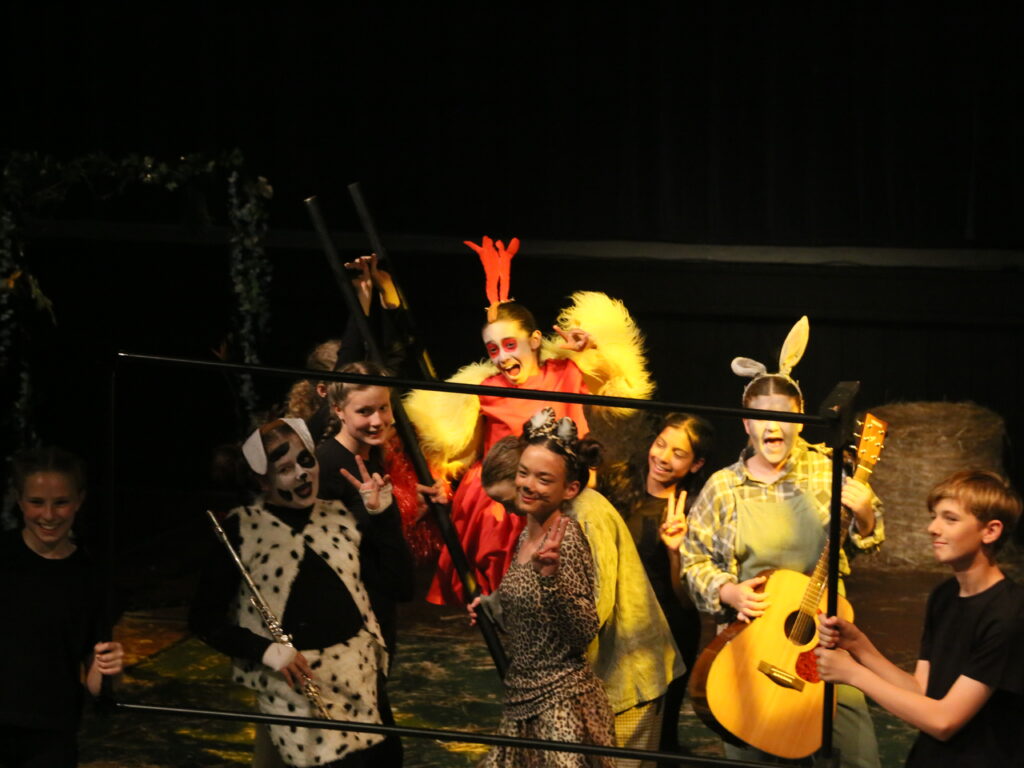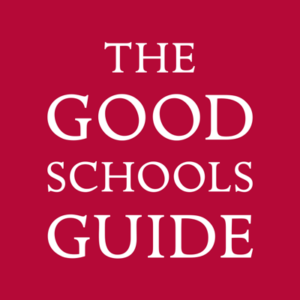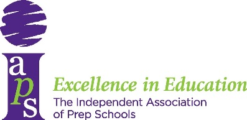Decline of the arts in state schools
It has been well documented that the arts have suffered from reduced local government funding, both in public life and in education this millennium. Reading about it on the Creative Industries, Policy and Evidence Centre website the picture is rather sad. They show a decline from 2009 to the present day in both operational and capital expenditure. We know, also, that in some schools this has been seen with the decline of certain subjects. The Museums Association (in May 2024) describes the decline of the arts in state schools as demonstrating that they are “systematically deprioritised”. They also state that “more than 40% of English state schools are no longer entering any pupils for music and drama GCSEs” and that this “points to the introduction of the EBacc in 2010, along with the programme of school academisation, which led in 2011/12 to the government stopping funding a range of national arts education initiatives.”
Exonian pupils thrive
Reflecting on the benefits of the arts is school is not difficult – and we are proud that our children continue to thrive on the stage, in the practice rooms and in the studio – whether that is exhibiting their art, design and construction work in the visual arts, singing or playing instruments in the 35 ensembles and choirs, or being tutored in one of our 500 or more individual music lessons a week, or their involvement in drama; we have over 80 pupils doing individual and small group LAMDA lessons (and scoring top grades in their exams) at any one time. Nine of our pupils were selected for the National Youth Theatre this year – from a total of 700 (that means that 1.3% of the whole national cohort are Exonians). Amazing.
At speech day at the end of the year we always enjoy dramatic and musical performances from pupils of all ages. I am pleased to say that all our pupils sing heartily when we come together in congregational singing, be that in the chapel, assembly hall, or on special occasions in the cathedral. We can raise the roof when we want to! Sharing the arts together is good for the soul; the practice and commitment required provides excellent self-discipline and time management skills. These are transferrable to the classroom context and it is no accident that many of our best athletes and also those who achieve best in the academic sphere at school are also great artists, in one field or another. Working together on a collaborative drama or music project, whether backstage or the soloist, ensure that pupils develop their team-working and leadership skills, as well as their problem solving, creativity and innovation. All of these transfer brilliantly to their academic studies.
Character education
The development of character needs input from all aspects of life, the humanities, sciences, communications, sports and the arts and Aristotle believed that art should provide a cathartic experience that would cleanse the emotions of its audience and leave them feeling refreshed and renewed. He believed also that art should provide pleasure to its audience while also teaching lessons about morality. At Exeter School our character education programme intentionally covers all curriculum areas, and places the importance of the arts at its heart, along with all the other enrichment activities that we encourage the children to try, whether through the school curriculum or through our extensive programme of clubs and societies; I cannot imagine the school without the colour, excitement and opportunity that the arts bring to every one of our pupils and we remain dedicated to doing so.
Click here to read the Creative Industries, Policy and Evidence Centre blog entry on this topic






